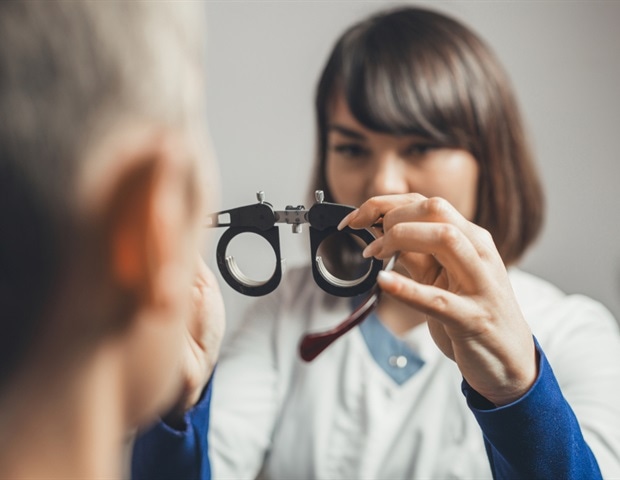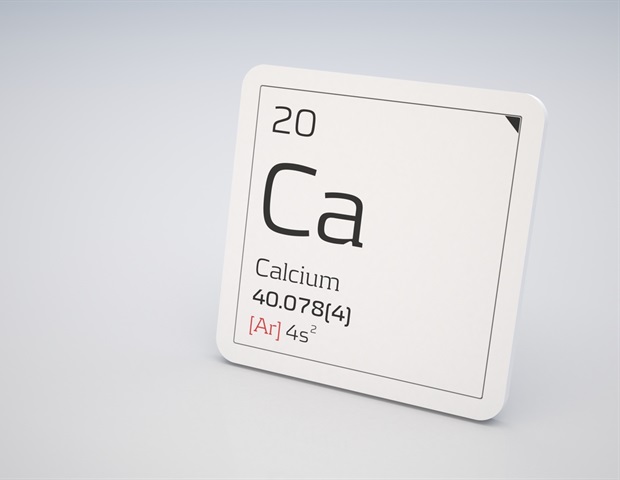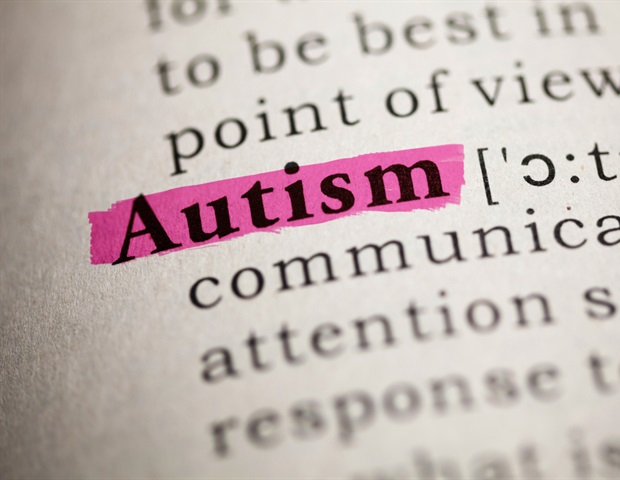
BRITS with lung cancer symptoms should be able to self-refer for life-saving tests rather than wait for their GP to request them, experts say. It should be "easier" for those with symptoms of the disease to get chest x-rays and help speed up diagnosis, according to researchers. 1 Patients in some parts of the UK can already self refer for chest x-rays if they're experiencing cancer symptoms Credit: Getty Self-request chest x-ray services have been established in a number of locations, including Leeds and Greater Manchester.
Under the schemes, patients with symptoms such as a persistent cough, tiredness and difficulty breathing can access radiology services directly, with the report of their x-ray sent to their GP. In analysis published in the British Journal of General Practice , academics and medics and the charity Roy Castle Lung Cancer Foundation, called for services that allow patients to self-refer without a GP consultation to be adopted across the UK. Authors claim the wider rollout of these services "warrants urgent consideration" given the "present difficulties patients face in accessing primary care".

While self-referral may relieve pressure on the NHS by allowing patients to skip GP appointments, it's important to note that regions like Manchester and Leeds only allow patients to ask for scans if they've been experiencing telltale symptoms for more than three weeks. Read more on lung cancer LIFE SAVER Man, 67, becomes 1st person in UK to receive 'game-changing' lung cancer vaccine DEEP BREATHS The 12 lung cancer symptoms commonly found in patients who have never smoked These include a persistent cough , fatigue, shortness of breath, chest pain , loss of appetite and weight loss, a lump in the neck and coughing up blood . Currently, patients also need to be over the age of 40 and be registered with a GP to ask for lung scans.
The researchers' analysis also suggests the number of lung cancer cases picked up from self-referral is similar to those referred by a GP. Dr Stephen Bradley, lead author of the paper and a practising GP in Leeds, said: "A lung cancer diagnosis can be devastating but spotting it early can make all the difference. Most read in Health NO RECOLLECTION I woke from a Covid coma to discover I'd given birth to a baby girl MASKED JOY The 7 signs your loved one is plagued by dangerous 'smiling depression' FIGHT FOR LIFE I thought I had a winter cold then I woke from a coma about to lose my legs GUT FEEL My back ache wasn't from moving house but I feared being called a hypochondriac "We've made a lot of progress, but there is so much more we need to do to diagnose it as quickly as possible.
" I’m a doctor and these 5 changes could be a sign of deadly lung cancer Experts also called for data on how many chest x-rays GP practices are requesting each year to be made available, to highlight where patients might benefit from schemes enabling self-referral. They suggest messaging around lung cancer symptoms should be designed to reach people who have never smoked, as well as those who have. Dr Bradley added: "We need to make it easier for people with symptoms to get tests like chest x-ray and ways to raise awareness of the disease, including people who haven't smoked.
"We hope health services across the UK will seriously consider these recommendations and help us give people who have lung cancer the best chance possible." WHAT IS LUNG CANCER? LUNG cancer is the most deadly common cancer in the UK. It is considered a common cancer alongside prostate, breast and bowel, which together make up more than half of all new cases.
Around 49,000 people are diagnosed with lung cancer every year and 35,000 die from it. Just one in 10 patients survive for a decade or more after being diagnosed and lung tumours make up 21 per cent of cancer deaths in the UK but only 13 per cent of cases. The main reason that it is so deadly is that symptoms are not obvious in the early stages.
When signs do appear they may include: A cough that lasts three weeks or more, and may hurt Repeated chest infections Coughing up blood Breathlessness Unusual tiredness The NHS does not routinely screen for lung cancer but is rolling out more tests to smokers and ex-smokers at high risk, in a bid to catch it earlier. Testing may involve X-rays and chest CT scans. Smoking is the number one risk factor for lung cancer and accounts for about 70 per cent of cases.
Risk may also be higher for people who have inhaled other fumes or toxic substances at work, such as asbestos, coal smoke or silica. According to the NHS, more than 43,000 people each year are diagnosed with lung cancer in the UK. Smoking is the most common cause, accounting for about 70 per cent of cases.
The disease is more likely to be treated successfully if caught early. In June 2023, it was announced that a targeted lung cancer screening programme would be rolled out and will be available across England by 2029. Those eligible for screening are people aged between 55 and 74 who are current or former smokers.
Missed opportunities Nick Whitehead, 58, from Newton Aycliffe, visited his GP a number of times with a persistent cough over the course of about 18 months, but was never sent for a chest x-ray. He was eventually diagnosed with lung cancer two years later when he visited A&E after coughing up blood. "There were many opportunities for me to be diagnosed earlier," Mr Whitehead said.
"I think I wasn't sent for tests because I was so fit. "As a scuba diver, my lung capacity is good, so I wasn't short of breath, but given that we're constantly told that a persistent cough is a symptom of lung cancer, it's odd that I wasn't sent for an x-ray at the very least. "Had I had the opportunity to request an x-ray, I would have taken myself off for one.
My wife would have made sure of it." Paula Chadwick, chief executive of Roy Castle Lung Cancer Foundation, said: "Far too often we hear stories of people like Nick whose lung cancer could have been diagnosed sooner. It is imperative we do everything we can to change this.
"We are making progress, largely through screening with 76 per cent of those caught at stages one and two. "However, with more than half of lung cancers arising in people who aren't eligible for screening and only around half of those who are eligible choosing to participate, improving early detection amongst those with symptoms is key to transforming long-term survival." A Department of Health and Social Care spokesperson said: "Under this government's Plan for Change to radically reform the NHS, we will fight cancer on all fronts - through prevention, diagnosis, treatment and research.
Read more on the Scottish Sun CHRISTMAS MIRACLES Christmas baby joy for Scots parents as little ones begin arriving EDGE OF THE WORLD Inside the remote Scots golf club dubbed 'the world's loneliest course' "We are committed to transforming diagnostic services, including for lung diseases, so we can catch more cases earlier and treat them faster. "We will also deliver 40,000 more elective care appointments every week and invest an extra £1.5 billion on new surgical hubs and AI scanners.
" How does smoking increase your risk of lung cancer? SMOKING cigarettes is the single biggest risk factor for lung cancer. It's responsible for more than seven out of 10 cases, according to the NHS. Tobacco smoke contains more than 60 different toxic substances, which are known to be carcinogenic.
If you smoke more than 25 cigarettes a day, you are 25 times more likely to get lung cancer than someone who does not smoke. Frequent exposure to other people’s tobacco smoke - known as passive or secondhand smoking - can also increase your risk of developing lung cancer. Aside from cigarettes, the following products can also put you at risk of the disease: Cigars Pipe tobacco Snuff (a powdered form of tobacco) Chewing tobacco Cannabis (especially when mixed with tobacco) Source: NHS.















